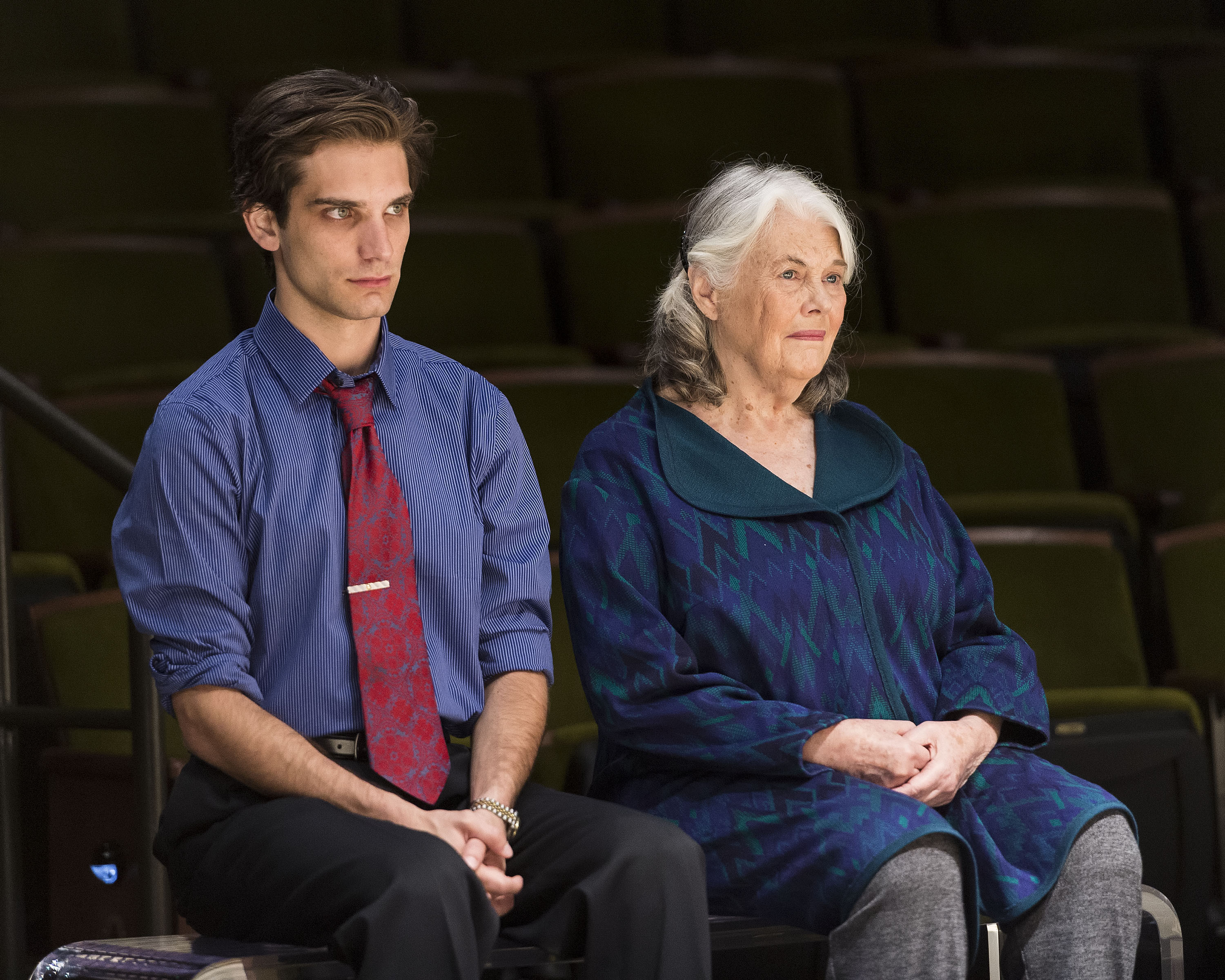Triple Play Puts Playwrights, Patrons, and Theatres in Conversation

When was the last time you talked to a playwright? How about someone at Center Theatre Group who wasn’t helping you out with a ticket? Playwrights, patrons, and theatre company come together in some configuration every night that we operate, yet we rarely have a chance to engage in meaningful dialogues with one another.
That’s why, in 2013, Center Theatre Group jumped at the chance to participate in Triple Play, a national initiative led by the Theatre Development Fund and Theatre Bay Area. Triple Play tried to put us all in the same conversation about the value of new work for our audiences—why people go to see it and what obstacles get in their way—so artists and theatres can understand how to make a healthier new play ecology for audiences,
explained Center Theatre Group Literary Manager & Artistic Engagement Strategist Joy Meads.
Triple Play began with conversations in a handful of cities among theatre professionals and local artists about our perception of the demand for new plays,
said Meads. Center Theatre Group hosted the Los Angeles conversation, which was lively, passionate, and inspiring,
said Meads, and made us eager to investigate and get some real information to back up all of our assumptions and expectations.
Over the next few years, local playwrights and patrons came together for two stages of focus groups and one-on-one interviews. The first took place during the World premiere of eventual Pulitzer Prize finalist Marjorie Prime at the Mark Taper Forum. Meads had been a champion of Marjorie Prime and was taking notes at the interview sessions, which focused on single-ticket buyers who had already seen the play.
One of the things I enjoyed the most when I first read Marjorie Prime was discerning its mysteries from page to page, and my evolving understanding of what was happening,
she recalled. I had gone to our Marketing department and asked that they not give any spoilers away.
She discovered she was not, in fact, doing the audience a favor. People kept saying they wanted to clearly understand what a play was about before they decided whether or not to come see it. The request I had made turned out to be the best way to keep people from coming to see this play that I dearly loved.
Playwright Prince Gomolvilas found a number of his assumptions about audiences turned upside down during the second set of discussions. He was surprised that audiences don’t care about the 'World premiere' designation (and some even see it as a negative because World premieres are 'untested').
He also learned that audiences don’t follow playwrights, don’t know their names, can’t remember their names
; story or synopsis is how people decide whether or not to see a play.
Gomolvilas and Meads’ observations were supported by interviews and surveys collected from theatregoers around the country. The results of the entire Triple Play study are available at theatrebayarea.org. Center Theatre Group also hosted a share-out
that brought together members of the Los Angeles theatre community and the organizers of Triple Play to talk about the findings.
Meads said that Triple Play is already informing her work. I’m trying to be a partner with our audiences,
she said. When people see new work, they need more information in order to feel safe taking a risk on it. We need to make sure they understand why a play is exciting or urgent or speaks to the time, and why the playwright felt a pressing need to tell this story right now.
Related Articles
Artistic Development Programs
Artists and the creative process are at the heart of our identity. Over the past decade, Center Theatre Group has commissioned 65 shows and produced 40 world premieres, making us one of the nation’s leading producers of ambitious new works. We cultivate artists of all generations, contributing to the cultural scene in and beyond Los Angeles by hosting workshops, nurturing playwrights, supporting local theatres, and creating art by and with the community.
Learn More
